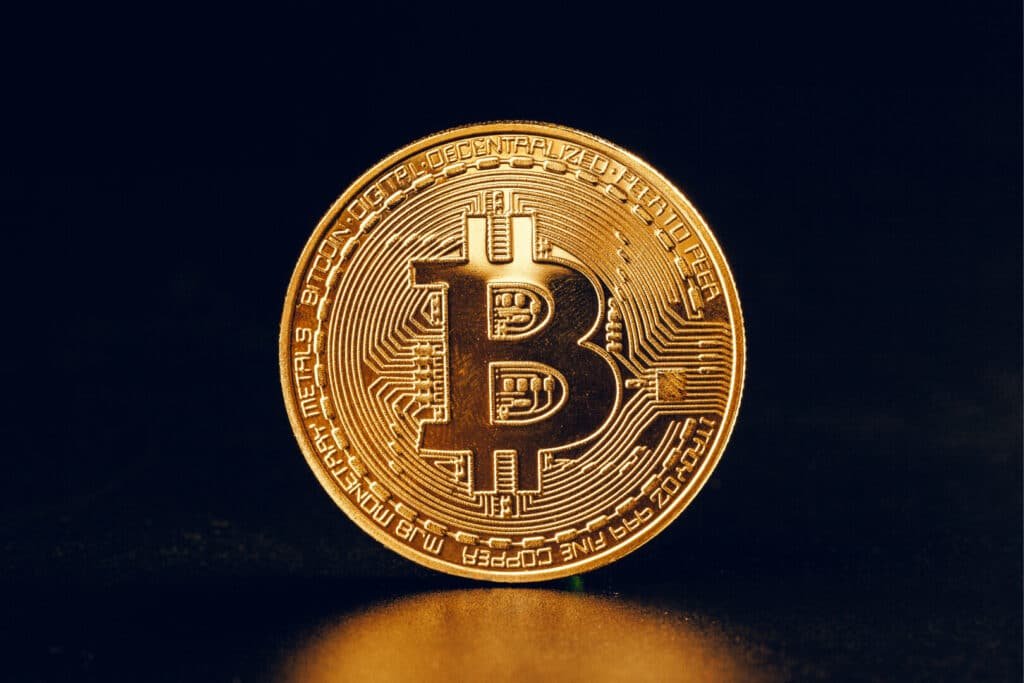Cryptocurrencies offer new ways to invest and save.
Imagine turning $500 into $50,000 in less than a decade. Sounds like a dream, doesn’t it? That’s exactly what happened to those who invested in Bitcoin in the early 2010s. But for every success story, there are reports of sharp losses. So, are cryptocurrencies like Bitcoin and Ethereum an investment to boost your portfolio or a form of savings to protect your money?
Traditional Savings: Does It Still Make Sense?
In the U.S., savings usually means a savings account with 0.5% annual interest or a Certificate of Deposit (CD) that locks up your money for months in exchange for security. These options are stable, but with inflation running high, your purchasing power shrinks. Now, look at Bitcoin: in 2021, it surged 200%, but lost half its value in weeks. Is that savings? No, especially in the short term. Still, cryptos have something unique to offer, and that’s what we’ll explore.
Cryptocurrencies as an Investment: Profit or Loss?
Investing in cryptocurrencies is for those who accept risks. Bitcoin, for example, turned $1,000 invested in 2013 into over $100,000 in 2021. But the volatility is brutal—20% drops in a single day aren’t rare. For younger folks, this can be appealing, especially with strategies like:
- HODL: Buy and hold, betting on long-term gains.
- Day Trading: Trade daily, capitalizing on swings.
Besides Bitcoin, altcoins like Solana and Polygon are on investors’ radars due to their technology. Exchanges have made access easy, but the risk is high. Would you invest 10% of your portfolio in cryptos?
Cryptocurrencies as Savings? Only in Some Cases
If savings are about stability, stablecoins (e.g., USDC, Tether) are the closest thing in the crypto world. Pegged to the dollar, they keep their value stable and are used to protect money in DeFi platforms or digital wallets. In 2025, over $130 billion is in stablecoins, according to CoinMarketCap.
Another case is protection against global inflation. For Americans, this is less common, but in crisis scenarios, Bitcoin has been called “digital gold.” Still, risks like hacks (e.g., the FTX case in 2022) and SEC regulations show cryptos aren’t as safe as a bank account.
The Risks You Need to Know
Before diving into cryptocurrencies, pay attention:
- Volatility: Prices rise and fall fast.
- Security: Exchanges can go bankrupt, and digital wallets require care.
- Scams: Fake projects and scams are common—beware of promises of easy profits.
- Taxes: In the U.S., crypto profits are taxed as capital gains (up to 37%, depending on your bracket).
A golden tip: use offline wallets (like Ledger) and never share your private keys.
How to Start with Cryptocurrencies in the U.S.
Entering the crypto market is easier than it seems. Follow these steps:
- Choose a reliable platform: Binance, Coinbase, Kraken, or Gemini are popular.
- Invest gradually—start with $100 and diversify (Bitcoin, Ethereum, an altcoin).
- Define your strategy: short-term trading or long-term HODL?
- Track prices on apps like CoinGecko or Yahoo Finance.
- Consider fees: Ethereum network transfers can cost $10-$50.
Compared to a savings account, cryptos require more research, but the potential return is higher.
The Future: Cryptos as Savings 2.0?
Blockchain is revolutionizing finance. DeFi offers yields that can reach up to 10% a year on stablecoins, surpassing any savings account. Companies like Visa and Square already accept cryptos, and even JPMorgan invests in blockchain. For the generation that grew up with technology, cryptos may be the future of money, but they still don’t replace the security of savings.
What’s Your Style?
Cryptocurrencies are an investment for those seeking profits (and accepting risks) or savings in specific cases, like stablecoins. For the average American, they’re more of a portfolio complement than a savings substitute. Assess your risk appetite and start small.
So, do you think cryptos will dominate the financial future? Have you invested, or do you prefer to stay out?









